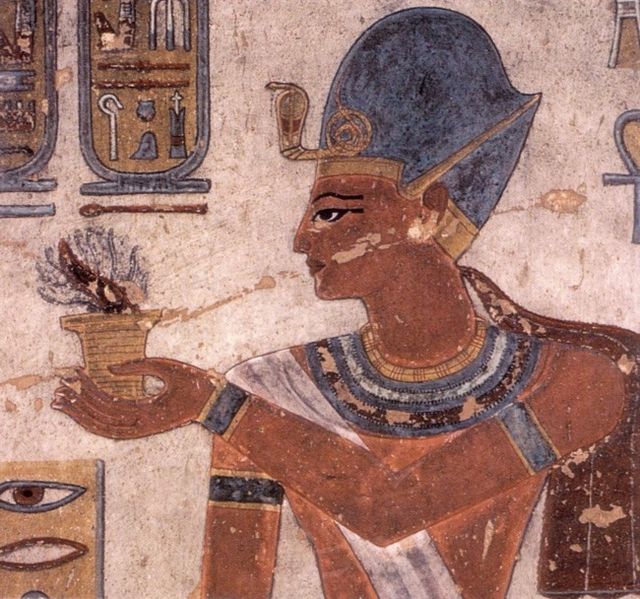Strike action, also called labor strike, labour strike and industrial action in British English, or simply strike, is a work stoppage caused by the mass refusal of employees to work. A strike usually takes place in response to employee grievances. Strikes became common during the Industrial Revolution, when mass labor became important in factories and mines. As striking became a more common practice, governments were often pushed to act. When government intervention occurred, it was rarely neutral or amicable. Early strikes were often deemed unlawful conspiracies or anti-competitive cartel action and many were subject to massive legal repression by state police, federal military power, and federal courts. Many Western nations legalized striking under certain conditions in the late 19th and early 20th centuries.
A trade union rally in Sydney, 2018
Strike action (1879), painting by Theodor Kittelsen
Agitated workers face the factory owner in The Strike. Painted by Robert Koehler in 1886.
A general strike on 5 November 1905 in Tampere, Finland
Twentieth Dynasty of Egypt
The Twentieth Dynasty of Egypt is the third and last dynasty of the Ancient Egyptian New Kingdom period, lasting from 1189 BC to 1077 BC. The 19th and 20th Dynasties together constitute an era known as the Ramesside period. This dynasty is generally considered to mark the beginning of the decline of Ancient Egypt at the transition from the Late Bronze to Iron Age. During the period of the Twentieth Dynasty, Ancient Egypt faced the crisis of invasions by Sea Peoples. The dynasty successfully defended Egypt, while sustaining heavy damage.
Portrait of Ramesses IX from his tomb KV6.
Sea Invading from Sea Peoples
Ramesses III was the son of Sethnakht. During his reign, he fought off the invasions of the Sea Peoples in Egypt and tolerated their settlement in Canaan. A conspiracy was hatched to kill him, but it failed. He was later murdered. His mummy, long an inspiration for the scary Hollywood films, showed his throat was slit.
Ramesses IV was the fifth son of Ramesses III. He assumed the throne after his four older brothers had died.








